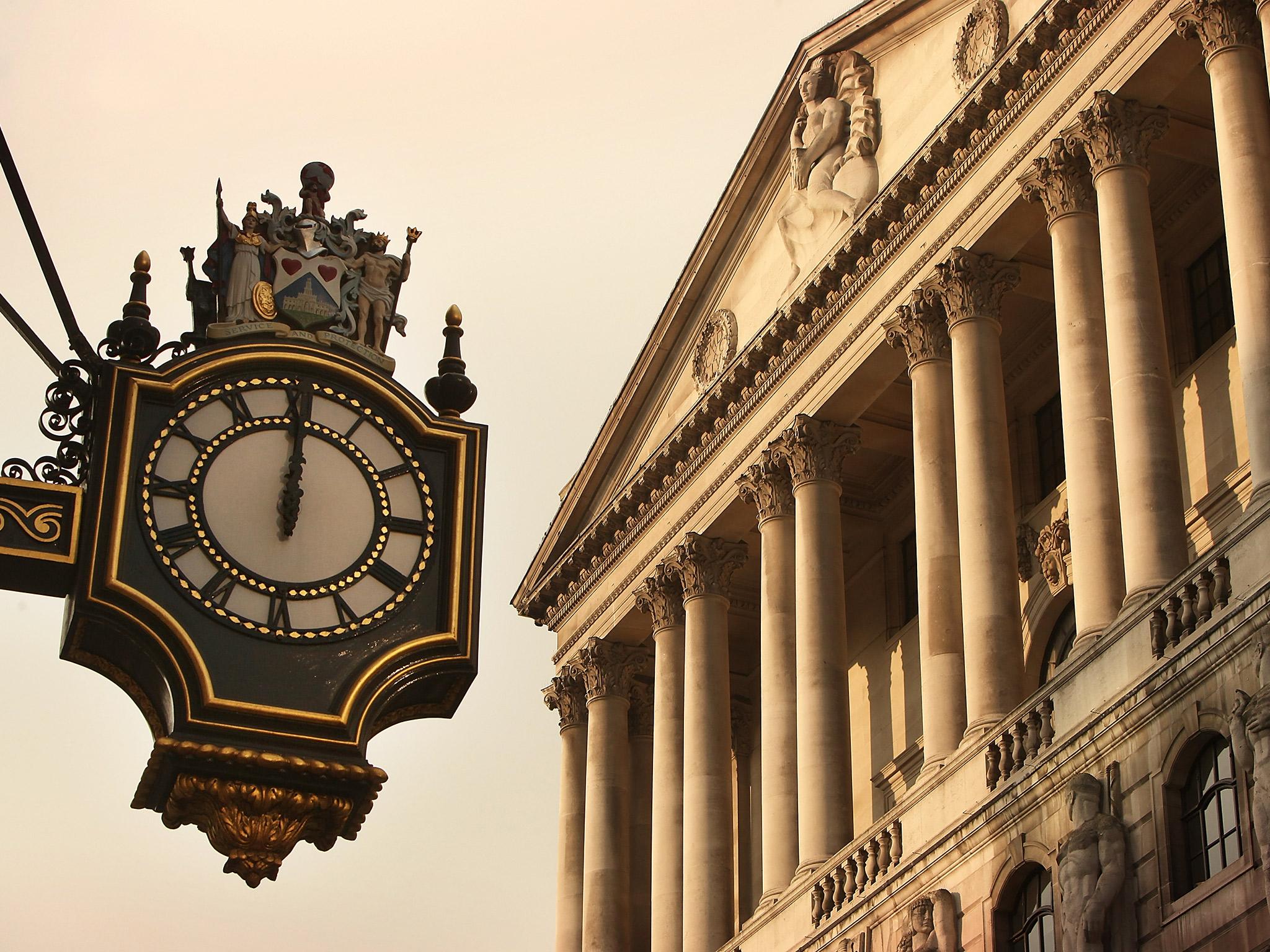Is the global economy doomed? Brexit is just one sign of a wider economic push back
The question in the back of the minds of many of us is to ask how fragile the present economic system might be


The ceremonies at the Thiepval Monument should make us reflect on the follies of politicians as well as generals. There are so many facets of those dreadful events 100 years ago that bewilder and appal us that it seems almost improper to single out the economic consequences of the conflict among the human catastrophe. What matters more: people or money? People of course.
And yet it is worth remembering that the 19th century had been the most successful the world economy had ever known. First Britain, then Europe, then the United States and other Anglophone offshoots established a different way of organising economic activity from anything that had happened before in human history. Societies became wealthy beyond all previous imagination. We call it the Industrial Revolution and we live with its legacy now. Then they wrecked everything.
But in the run-up to the First World War the business and scientific community had no inkling of the catastrophe ahead. This is well caught in the quotation from Guglielmo Marconi, pioneer of radio: “The coming of the wireless era will make war impossible, for it will make war ridiculous”.

So I suppose the question in the back of the minds of many of us is to ask how fragile the present economic system might be. I don’t mean that there is a danger of world war. The folk memory of those events of 100 years ago will keep the world cautious for a while yet. Rather the worry is more whether the progressively more open and liberal global trading system that has given us 70 years of increasing living standards will continue.
That system has caused strains as well as generating benefits. Seen in this context, our Brexit vote is just one sign of a wider pushback. You see this in a host of ways, from resistance to cheap Chinese imports in the US, to pressure in France and elsewhere against the new trading agreement proposed between the EU and the US.
The fact that average living standards in much of the developed world remain below the levels of 10 years ago does not help. Nor does the widespread perception that inequality in the West has been rising in the past decade – in income terms it hasn’t, or at least not much, but in wealth it certainly has. Anyone who cares about living standards in the emerging world ought to be celebrating the huge progress if China, and more recently India. But it is the strains, including the environmental ones, that tend to hit the headlines in the West, not the triumphs.
But is our modern, relatively liberal and increasingly global economic system really under grave threat? You would always expect reverses, for progress is never straight line. The developed world had the great financial crisis of 2008-09 and it has taken until now to recover. But neither of the two largest emerging economies, China and India, experienced recession at all. Both are still growing reasonably strongly now.
I don’t know whether the UK economy will move into recession next year, but I have not seen a single mainstream forecast that suggests the global economy might do so. True, economists have a dreadful record at predicting recessions, but we can draw some comfort from that.
There is something else. The growth of service economies is much harder to measure than the growth of manufacturing, and for a number of reasons. One is that it is harder to measure improvements in quality. For example, if people spend less time recovering from an operation in hospital that shows as a decline in GDP. Actually it probably suggests an improvement in medical care.
Another is that many of the new services are given away for free, at least initially, or for very low charges, so they don’t show in GDP. Our present burst of progress in electronic technology may not make war ridiculous but it certainly makes for higher human wellbeing.
That must be the hope: that technological advance will continue and will go on increasing our wellbeing. Providing that happens, the misjudgements of politicians will be manageable. They will be overridden by general economic progress. Specifically, Europe will continue to be a reasonably prosperous economic region, though a somewhat stagnant one by comparison with the rest of the world.
If you want to be optimistic you can argue that what happened last week in the UK will help Europe adapt to global challenges, for a loser political union might well be a more flexible and vibrant economic one. If you want to be pessimistic ... well, let’s not go there. That is not the right thought to have on a weekend remembering the Battle of the Somme.
Join our commenting forum
Join thought-provoking conversations, follow other Independent readers and see their replies
Comments
Bookmark popover
Removed from bookmarks